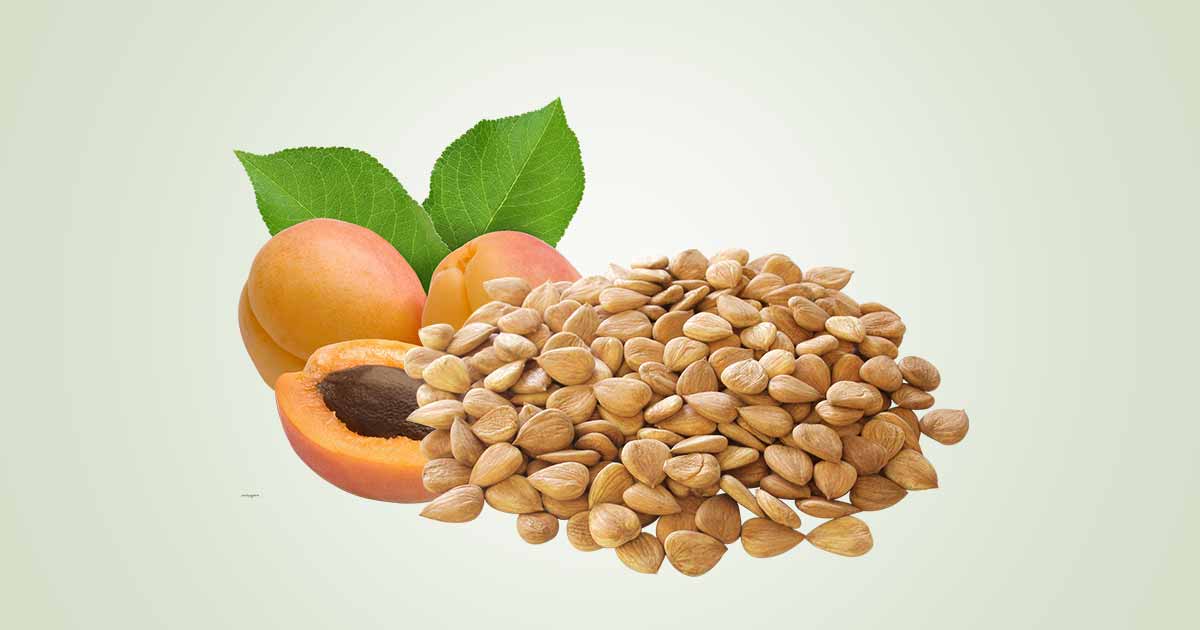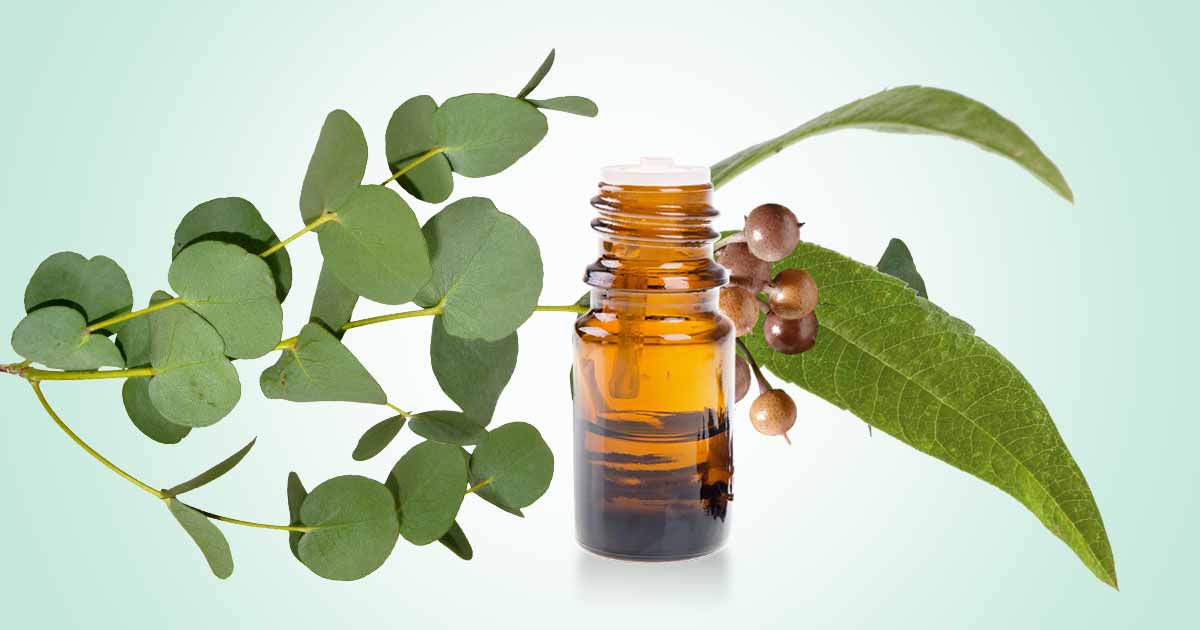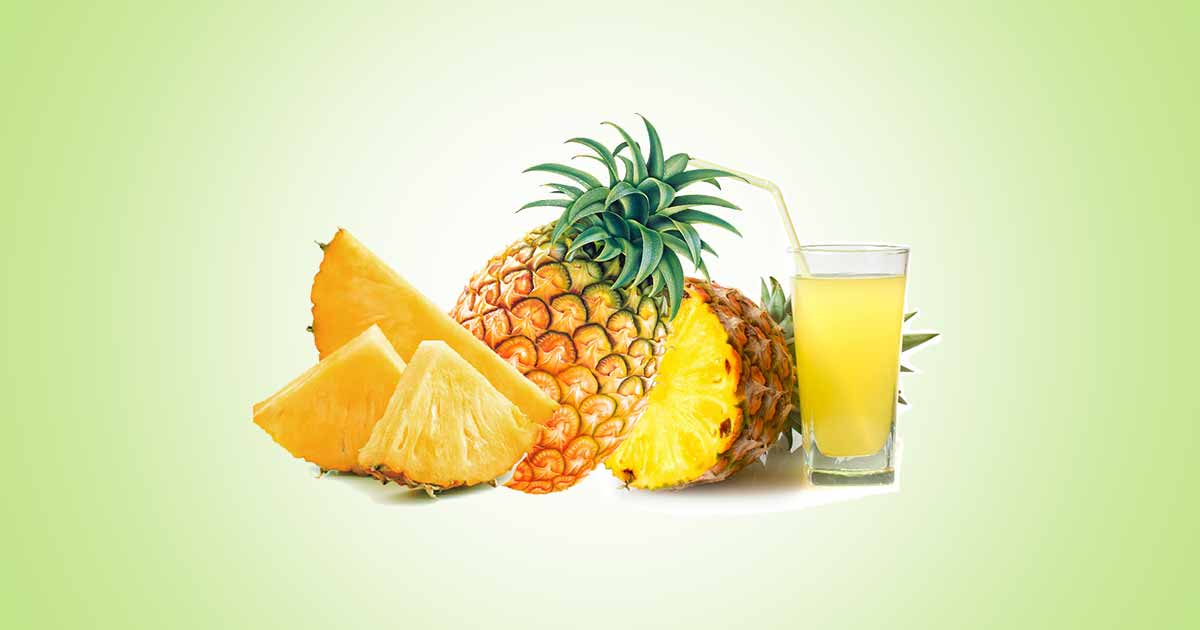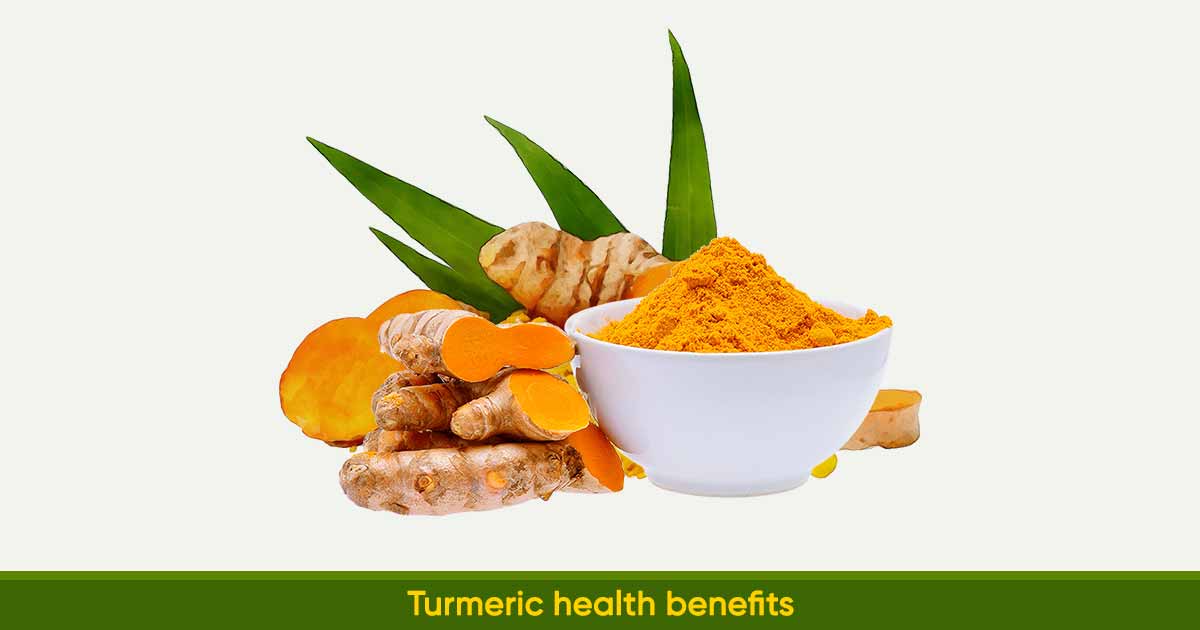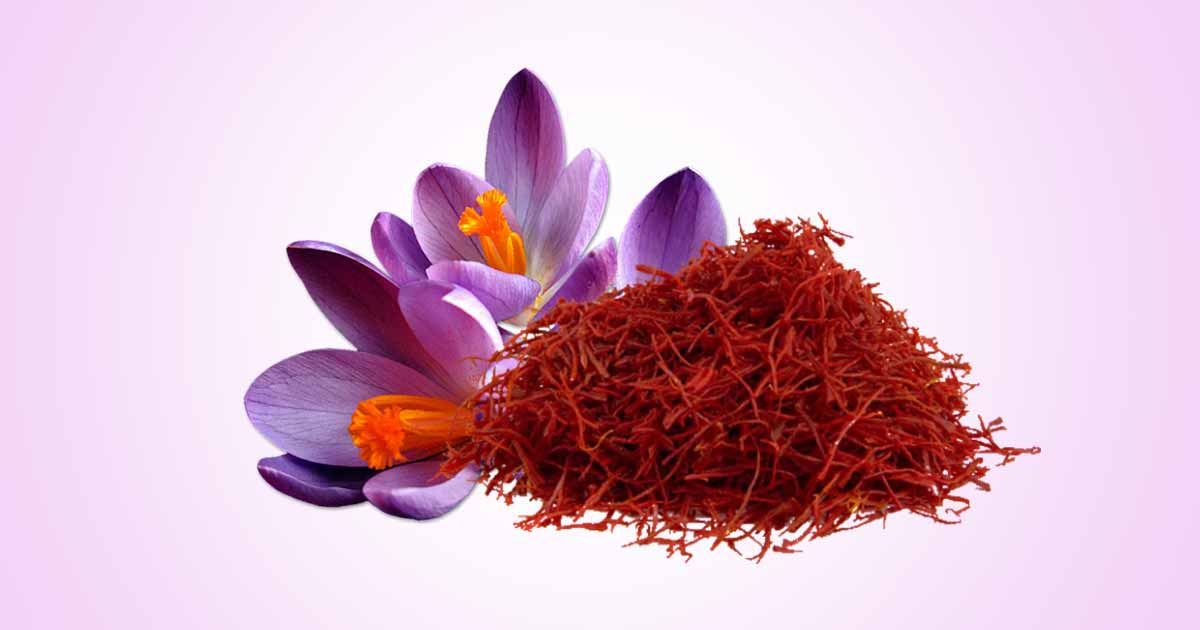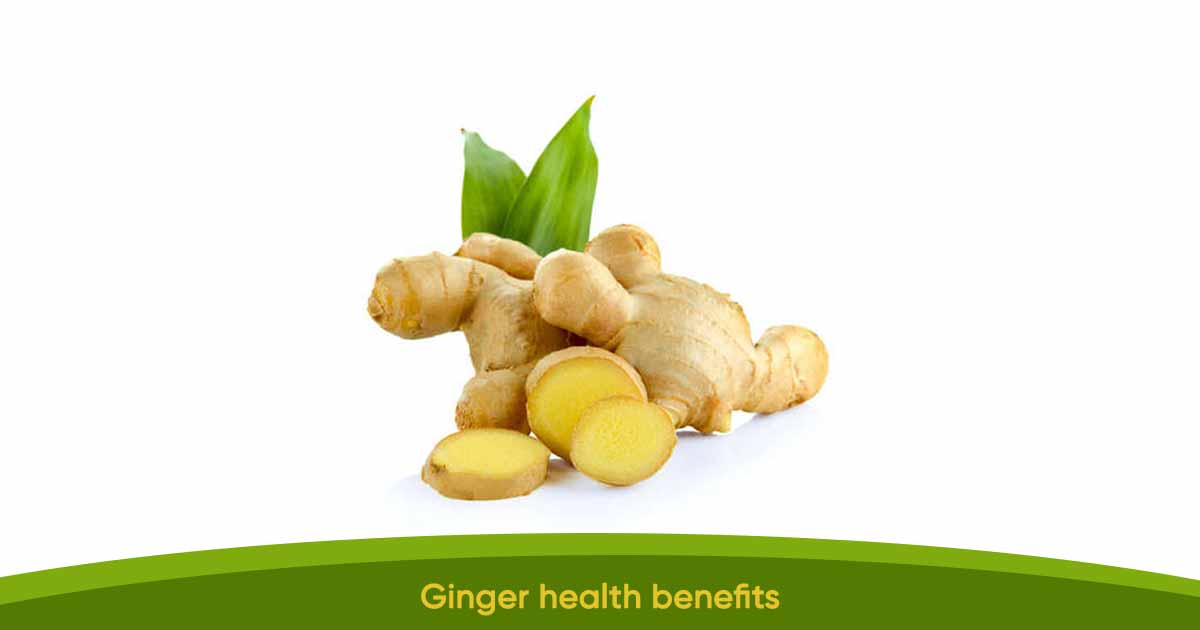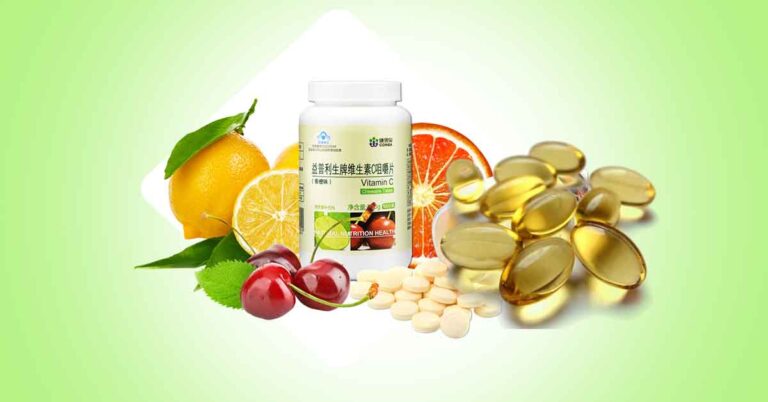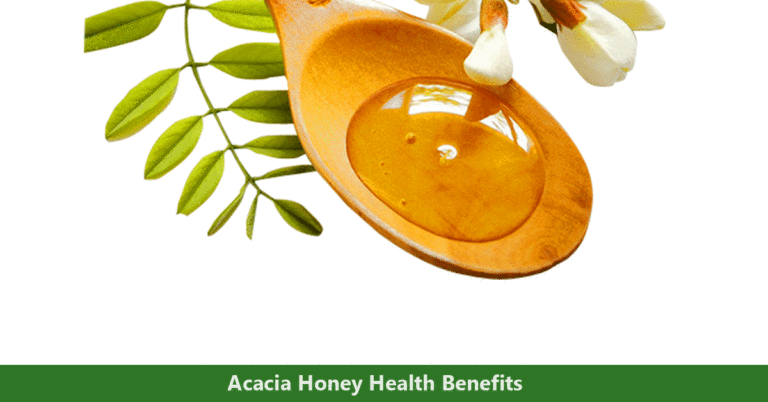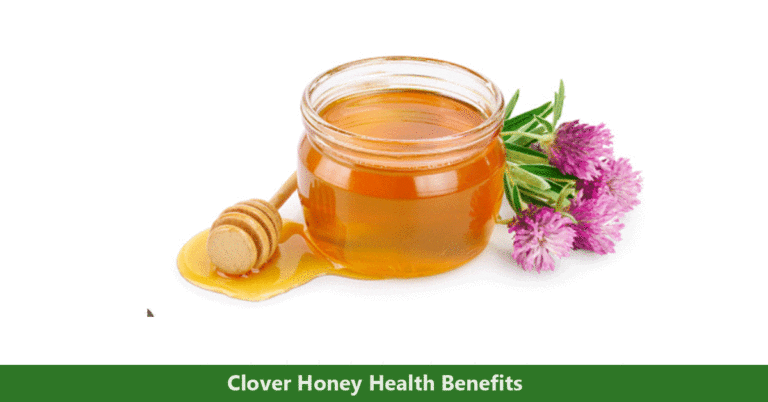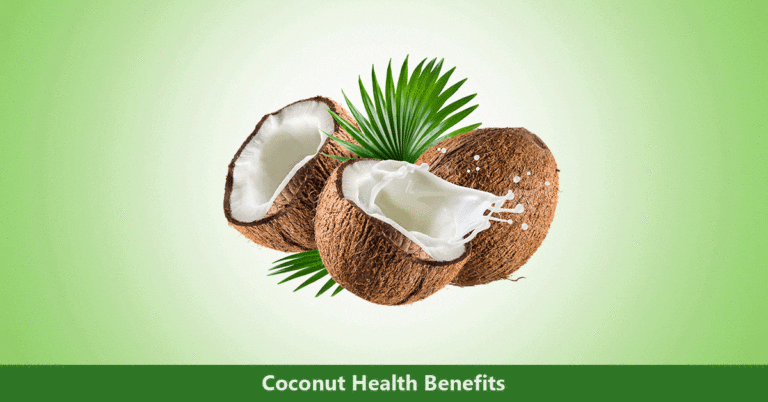Apricot seed or kernel is obtained from the fruit of apricot (Prunus armeniaca L.), a plant belonging to the Rosaceae family. The plant is grown in many countries like China, India, Iran, Siberia, Uzbekistan, but Turkey remains the largest producer worldwide.
The edible fruit of apricot is a drupe, which is ovoid, or amygdaloid with a fleshy outer layer which surrounds a stony flattened, smooth endocarp. Apricot seeds can be sweet or bitter. It is flat, cordate, with a thick yellowish to deep brown skin and dark brown veins radiating upwards. There is a short linear hilum at the sharp end and a chalaza at the rounded end.
The fruit is either consumed raw or used for making jams, juices. The by-product of the apricot fruit is the pomace and kernel. The pomace is the pulpy residue after the fruit is pressed for juice production. The apricot seed is another by-product from the fruit, and has become something of an interest due to numerous medicinal benefits.
Apricot seeds can be sweet, semi-sweet and bitter. The seed oil is extracted from the apricot kernel through cold press method. This method requires less energy and retains 5he desired fatty acids and antioxidants in the oil of the kernel seed. However, the oil yield is less. Other modern methods include liquid extraction using the supercritical pressure method and extraction by ultrasound assistance.
The apricot seed is a good source of oil with many nutritional and health benefits. It has antimicrobial, anti-inflammatory, antioxidant, and anticancer activities.
The dried seeds from fully ripe fruits are used to treat gynecological conditions, headache, cough, tetanus, and skin hyperpigmentation. Apricot seed oil is used to treat vaginal infection, anorexia, ulcer, constipation, acne vulgaris, tinnitus, and ear inflammation.
When combined with peach and walnut seeds, the seed and oil are used for upper respiratory tract infections, bronchitis, asthma, and pulmonary tuberculosis
Constituents
Apricot seed oil contain bioactive compounds such as fatty acid, tocopherols, terpenoids phenolic compounds. The kernel contains antioxidants such as lutein, beta carotene, and zeaxanthin.
Apricot kernels, especially the bitter type, contain cyanogenic glycosides, with the main constituent being amygdalin. There are other cyanogenic compounds such as prunasin and mandelonitrile.
There are other constituents such as carbohydrates, proteins, amino acids, crude fiber, fats, phytosterols, anthocyanin, phenolics, flavonoids, carotenoids, the enzyme emulsin, fatty acids (mostly oleic, palmitic and linoleic acid). Organic acids include caffeic acids, gallic acids, and ascorbic acids. Apricot seeds contain flavonoids such as quercetin, catechins, and chlorogenic acid.
Minor vitamin content (vitamin E) and minerals such as calcium, phosphorus, magnesium, iron, copper, and manganese.
Health Benefits of Apricot Seed and Kernel
Amygdaline constituent has been used to treat cough, migraine, constipation, asthma, chronic bronchitis, pulmonary tuberculosis, and hypertension.
Extract from the apricot kernel has benefit in cardiovascular system, inflammation, cancer, wound healing, and as antitussive, antioxidant, antifungal for skin diseases.
Anticancer activity:
Apricot seed extracts contain amygdalin which inhibit oral cancers, hepatocellular HCT-116 cells, skin cancers, leukaemia cells, human ovarian cancer cells, breast cancer, cancer of the nervous system, colon cancer, pancreatic cancer and lung cancers.
Apart from amygdalin, other cyanogenic glycosides like deidaclin, linamarin, and prulaurasin has antigenotoxic, antirecombinogenic, antimutagenic, and anticarcinogenic activities.
Antioxidant effect:
Apricot kernel contains phenolic acids such as caffeic acids and gallic acids. Bitter apricot kernel contains antioxidant compounds, 2,2-azino-bis (3-ethlybenzothaizoline-6-sulfonic acid, 2,2-diphenyl-1-picrylhydrazyl.
These compounds are radical scavengers. They prevent reactive oxygen species and diseases such as cardiovascular diseases, cancer, and neurodegenerative conditions.
Anti-inflammatory effect:
Apricot kernel extract inhibits prostaglandin E2 and NO levels in lipopolysaccharide (LPS)-stimulated murine BV2 microglial cells.
Apricot seed and kernel extract also reduced trinitrobenzene sulfonic acid induced-ulcerative colitis in rats.
Antimicrobial activity:
Apricot seed extract inhibit Salmonella typhimurium. It also shows antiviral activity against influenza, and HIV-1 protease.
Hypolipidemic property:
Detoxified apricot kernel flour (has HCN and other antinutritional components such as tannins, oxalates, and phytic acid removed) increased HDL and decreased total cholesterol, LDL, and VLDL levels. It also increased antioxidant enzymes.
Hepatoprotective effect:
The apricot seed extract showed hepatoprotective effect after CCL4 exposure, with a significant decrease in ALT (alanine aminotransferase), AST (aspartate aminotransferase), and ALP (alkaline phosphatase), markers of liver damage.
In rats induced with hepatic fibrosis, the ground apricot kernel was beneficial due to the fatty acid content.
Endocrine effect:
Consumption of bitter apricot seeds could cause a significant increase in follicle-stimulating hormone, testosterone, and androstenedione in healthy women of reproductive age.
Anticholilithiatic agent:
Apricot seed extract reduced the weight of cholesterol gallstones and increased the levels of cholesterol in human bile.
Anti-acetylcholinesterase (AChE) activity:
Bitter apricot kernel extract showed anti-AChE and neuroprotective activity.
Cosmetic application:
Apricot seed is used in the formulation of cosmetic products such as soaps, lotions, cream, scrubs, and face masks.
Immunomodulatory activity:
Apricot kernel oil may stimulate the immune system of cyclophosphamide-treated rats, and increase the immunoglobulin (Ig)A, IgM, IgG, interleukin (IL)-2, IL-12, and TNF-α levels.
Psoriasis:
The apricot seed oil inhibit keratinocyte proliferation and induced apoptosis in an in vitro study.
Contraindication
Pregnant women and breastfeeding mothers should avoid apricot kernel in large amount as it may cause birth defect in the fetus or newborn. It may predispose the fetus to thyroid diseases due to cyanide and thiocyanate exposure.
Toxicity
Apricot seeds contain amygdalin, which is toxic (cyanide toxicity) when large quantities are consumed. The exposure to the cyanogenic glycosides and HCN may cause nausea, vomiting, diarrhea, dizziness, weakness, mental confusion, convulsions, coma, and eventually death.
Inhalation of amyl nitrite, followed by the intravenous administration of sodium nitrite and sodium thiosulfate, did improve the symptoms.
The apricot kernel can also cause contact dermatitis and allergy. There is also cross-reactivity with peaches.
References
- https://www.sciencedirect.com/science/article/abs/pii/S2212429222007957
- https://www.ncbi.nlm.nih.gov/pmc/articles/PMC9332734/
- https://www.ncbi.nlm.nih.gov/pmc/articles/PMC9325146/
- https://www.drugs.com/npp/apricot.html

